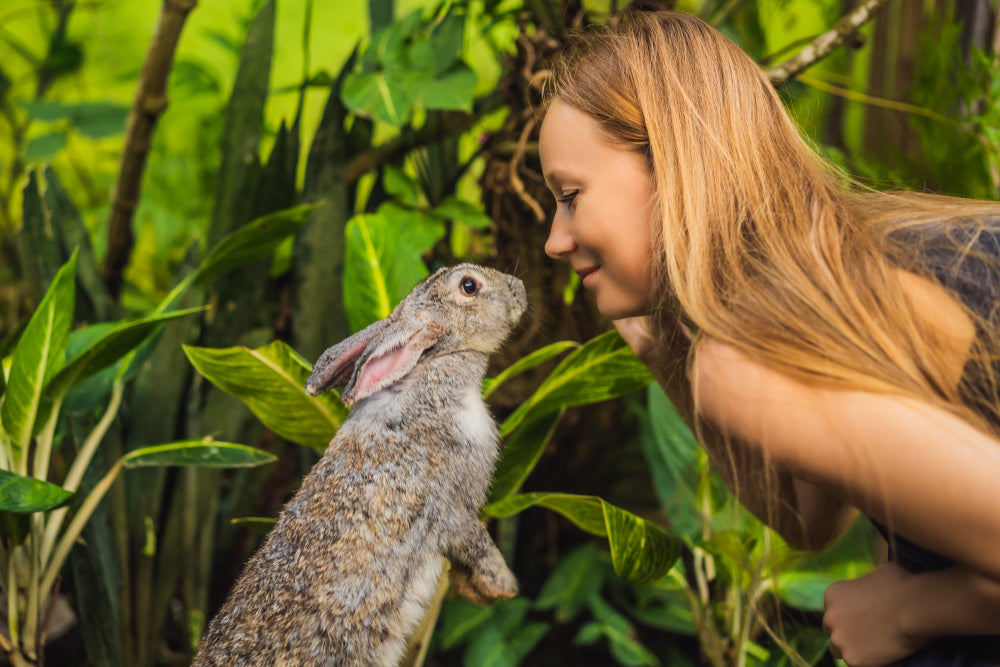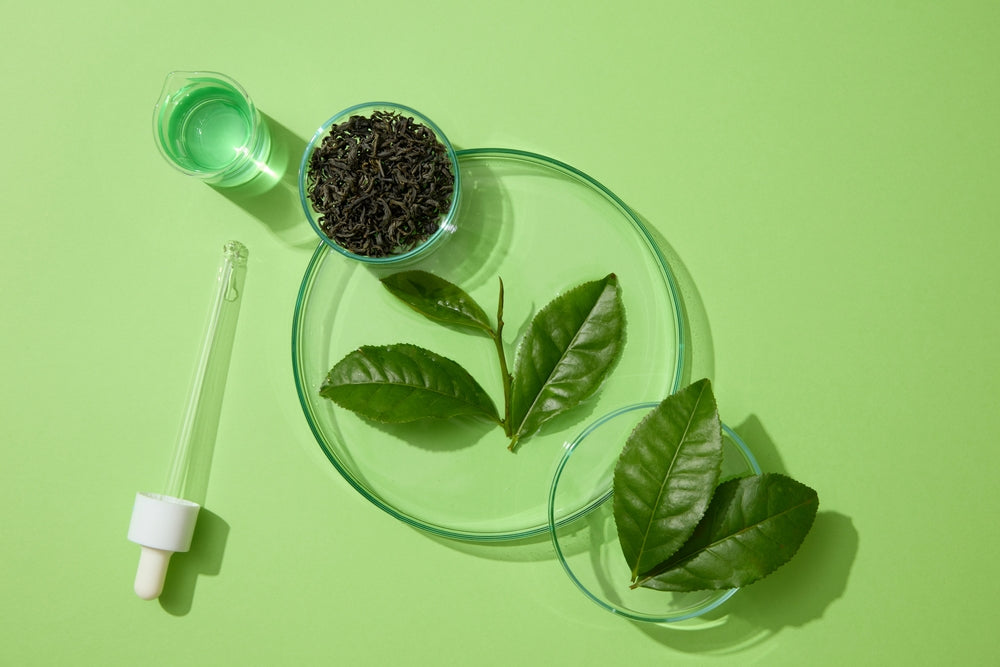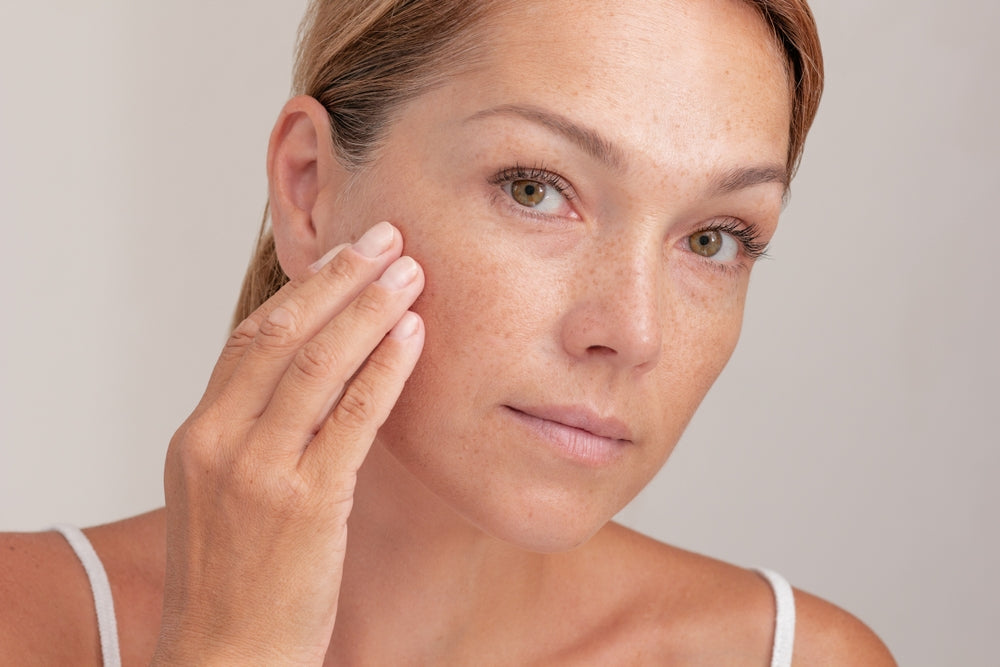Cruelty-free is yet another criteria people should consider when looking into skincare products that not only make their skin look and feel great, but also allows them to live guilt-free lifestyle with cruelty-free skincare products. However, there are many things out there that claim to be cruelty-free products when the reality is a little more complicated. At Epicuren, we hold our products to what we believe is the highest and most robust standard, which is the Leaping Bunny certification. Let’s find out what it is and what it means for your skincare routine.
What is Leaping Bunny Certification?
The Leaping Bunny certification is a standard that companies can choose to adopt to signal to consumers that their products are cruelty-free in a few key ways. According to their criteria, companies must meet the following criteria to receive the certification of Leaping Bunny:
- Do not conduct or be a party to animal testing of any kind with regard to formulations and ingredients of any of their products
- Do not purchase ingredients from third-party manufacturers or vendors who have commissioned or been a party to animal testing.
- Do not allow animal testing to be performed by any regulatory agencies in foreign countries in order to sell or distribute their products there.
- Submit and re-commit annually to the above criteria.
- Submit to an independent audit of the supply chain when required.
This legal language simply means that companies with a Leaping Bunny stamp have ensured that no part of their supply chain for their skincare or household products has been tested on animals.
Why is Cruelty Free Important to Epicuren?
Doing the right thing should be a no-brainer. Give more than you take; use sustainable resources, like solar power; decrease your carbon footprint; and respect all living things. From our inception, we’ve adopted cruelty-free practices, not because they were trendy, but because they aligned with our overall philosophy.
Being a cruelty-free brand is part of that commitment. We source the finest ingredients possible and never test our products on animals. In fact, we have dual certification, making us as cruelty-free as possible. Although great strides have been made to educate consumers on policies and practices involving animals, many of those changes have been in place a mere 20 years.
The Birth of Leaping Bunny
If you’re looking for cruelty-free products, then you’re probably familiar with the various symbols that grace the packaging of items made by companies that take extra precautions with their formulations. Most consumers recognize the Leaping Bunny logo, but it didn’t always exist.
Before 1996, phrases like “animal friendly” and “cruelty-free” were adopted by manufacturers without a standardized definition of what those words meant. Recognizing the need for consistency – and a way to ensure consumers wouldn’t be misled – eight animal protection groups joined forces and created the Coalition for Consumer Information on Cosmetics (CCIC). These entities work together to protect animals by:
- Ending experimentation practices;
- Eliminating cosmetic testing on animals;
- Increasing awareness about animal cruelty and abuse; and
- Lobbying for change at the national level.
Consumers Increasingly Prefer Cruelty-Free Products
When setting out to market a product, companies make choices based on their values and those that matter to their customers. According to a Statista poll published in November 2020, “32 percent of consumers reported that they would very likely stop purchasing from their favorite brand if they tested on animals.” With more than a third of respondents embracing the cruelty-free approach, even companies with strict animal friendly policies seek Leaping Bunny certification to show their commitment to their customers.
The Little Logo That Means A Lot
While having a recognizable brand logo will tell consumers who you are, the Leaping Bunny logo tells them that a company has committed to a lengthy set of standards regarding ingredient sourcing and testing as well as taking a stand against new animal testing. The logo takes the guesswork out of purchasing and eliminates ambiguity about a company’s stance because all Leaping Bunny-Certified companies must follow the same rules and recommit to their promise yearly. And for the sake of transparency, companies that recommit are listed on the Leaping Bunny website, which consumers can use to vet their favorite brands to see if something has changed during the course of the year.
Not All Bunnies Are The Same
As much as it pains us to point this out, there are companies that prey on less informed consumers by making unsupported claims. To date, the FDA has “no legal definitions” for phrasing such as “‘Cruelty-Free’ or ‘Not Tested on Animals.’” To make matters worse, truly unscrupulous manufacturers create their own bunny logos, which often fool consumers since there are a variety of third-party organizations that certify products and use different images. Take a look at your Epicuren products, and you’ll see either the Leaping Bunny logo from the accredited by PETA. These logos serve as a visual reminder that we never test our products on animals nor do we test individual ingredients on them.
FAQs
What does cruelty-free mean?
Cruelty-free typically means that a product has not been tested on animals. Some “cruelty-free” products may allow manufacturers to source ingredients that have been used in animal testing, whereas Leaping Bunny certified products do not.
Does cruelty-free mean vegan?
Not necessarily. Ingredients for skincare products can be cruelty-free while still being sourced from animal byproducts. Bovine colostrum is a good example of a cruelty-free but not vegan ingredient.
What are cruelty free products?
Cruelty-free products are those that use humane practices to source and test ingredients, rather than utilize animal testing or unethical conditions.
How do cruelty free brands test?
Without using animals, brands like Epicuren have many options for sourcing quality formulas and ingredients, such as scientific literature review, safety testing on raw materials, or even human volunteers.





